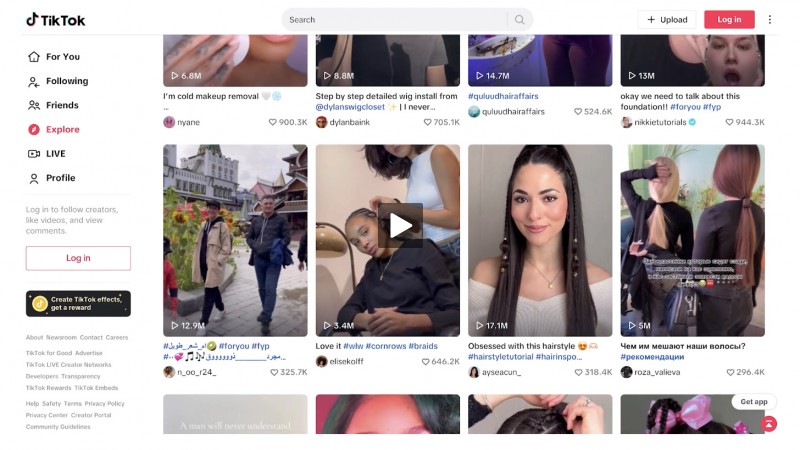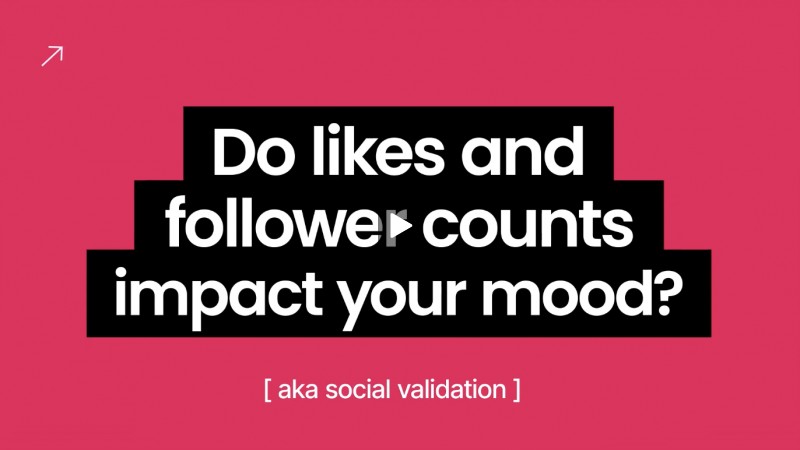Online Profiling: It's Not What You Think. It's Worse!
- Details
- Written by Tracy Scott
- Category: Articles

No, robots have not taken over the planet. But, some online users might think that's the case when they learn how advancements in artificial intelligence (AI) technology is changing the Internet. Read on to learn what recent advances in AI technology mean for the average Internet user.
It's no accident that your entertainment news feed seems never-ending.
Browsing the Internet is harmless, right? Scrolling through the latest entertainment feed of your favorite news homepage, posting to your social media accounts, or clicking on a startling image to learn about a developing news story are all rather benign online activities for most people.
But, according to recent U.S. Senate Hearings on Persuasive Technology and Internet Platforms, these are ways artificial intelligence (AI) technology can create an online data profile to increase user engagement and control what you view in cyberspace. Ultimately, it's a tactic to increase profits for businesses.
Increase Profits for Businesses
It's no accident that your entertainment news feed seems never-ending.
After reaching the bottom of the screen, an unprompted refresh occurs presenting you with yet another page of celebrity images with emotionally laden and often controversial headlines.
Sometimes, the stories repeat. But there are enough new stories to keep you engaged by either clicking or scrolling. The longer you stay in this addictive loop, the longer you'll want to stay, and the easier it is for AI to learn your user preferences.
The next time you return to the platform, it can use predictive technology to introduce you to advertisements and products that might be of interest.
By tracking mouse movements and keeping online users in a clicking or scrolling loop, technology companies gain additional user data which helps them predict the products and services you'll want to buy.
This can influence your entire experience, regardless of whether you're logged into a particular platform. Algorithmic and machine learning technology can use your online behavior to decide what information it will present, all in the name of user engagement.
Senate testimony brought to light concerns over the limited transparency of this technology and its ability to influence online behavior by only presenting information already proven to secure a high level of engagement, i.e., user comments, likes, or other strong emotional reactions.
Testimony also included concerns over online user's exposure to content that expressed an extreme end of the spectrum while limiting the option to view less emotionally laden content.
What Can You Do About It?
So, how do you exit these ecosystems or at least take back control of your user experience? You've already taken the first step. Educating yourself on the increased use of AI will help you view online content with a dose of healthy skepticism.
Next, read the privacy statements and learn what you've consented to by using a particular online ecosystem. Update your privacy settings, as needed. And remember, you can't believe everything you read. Confirm online information, even what you're reading right now, if you intend to make a decision based upon that information.


































